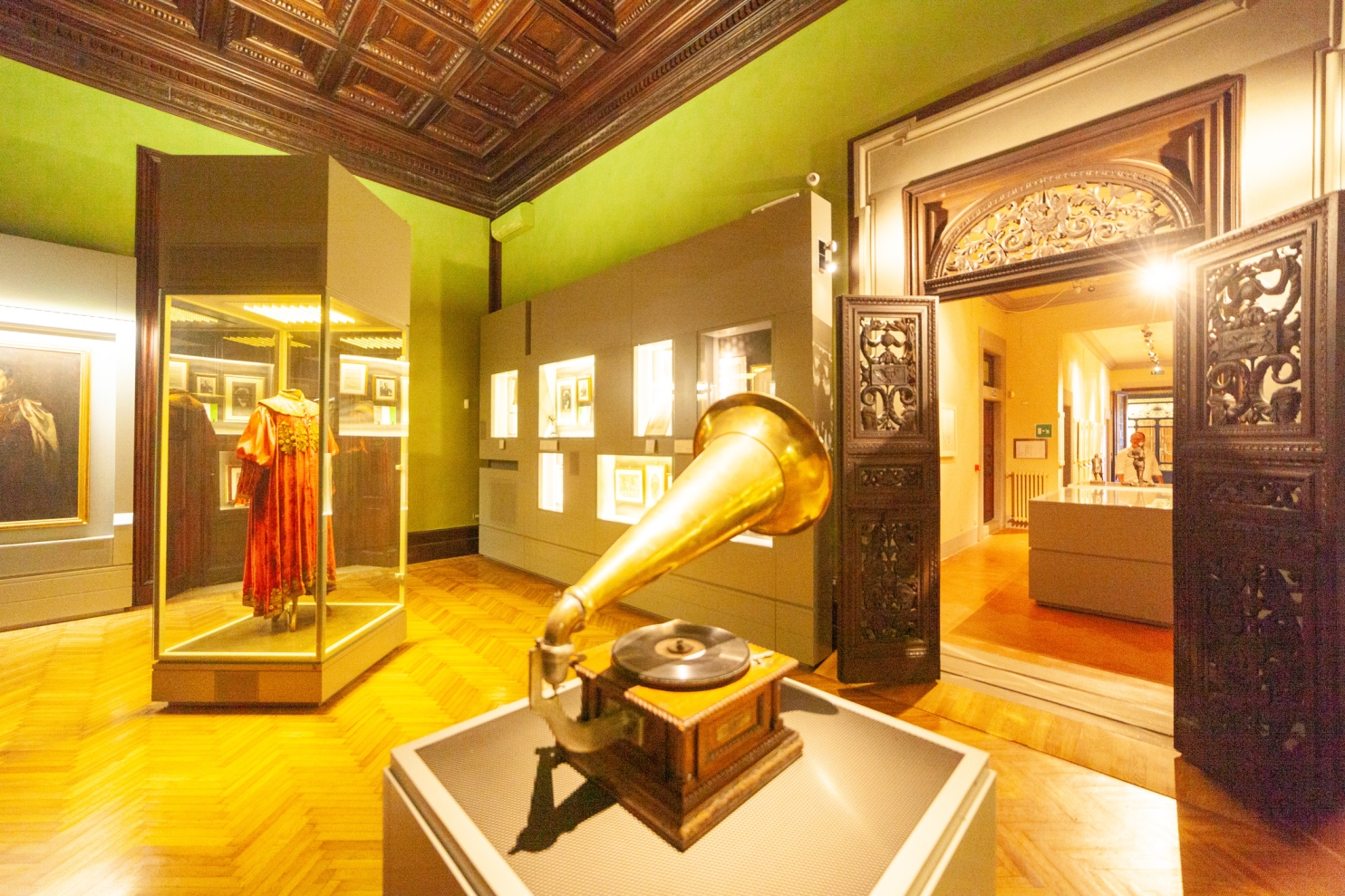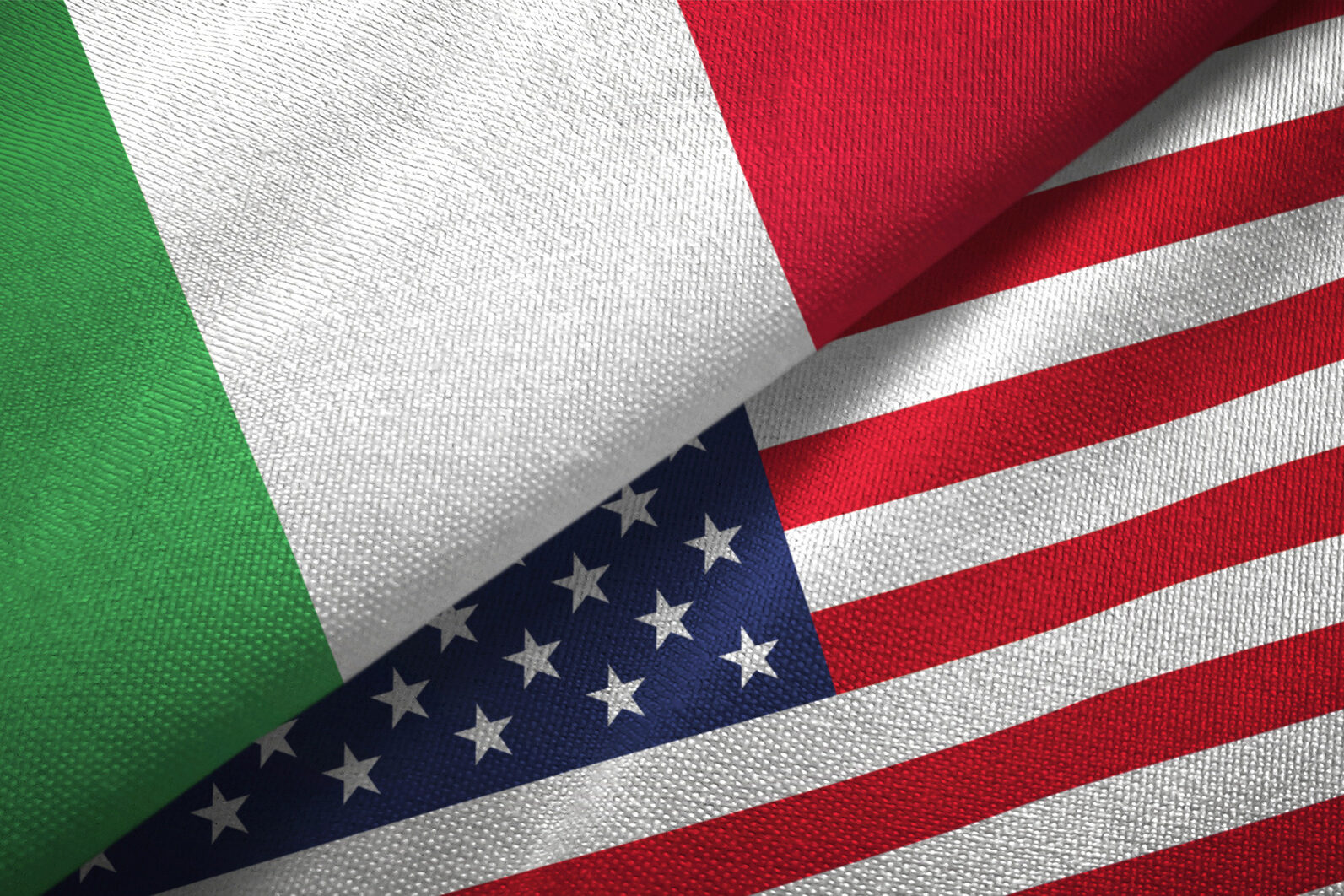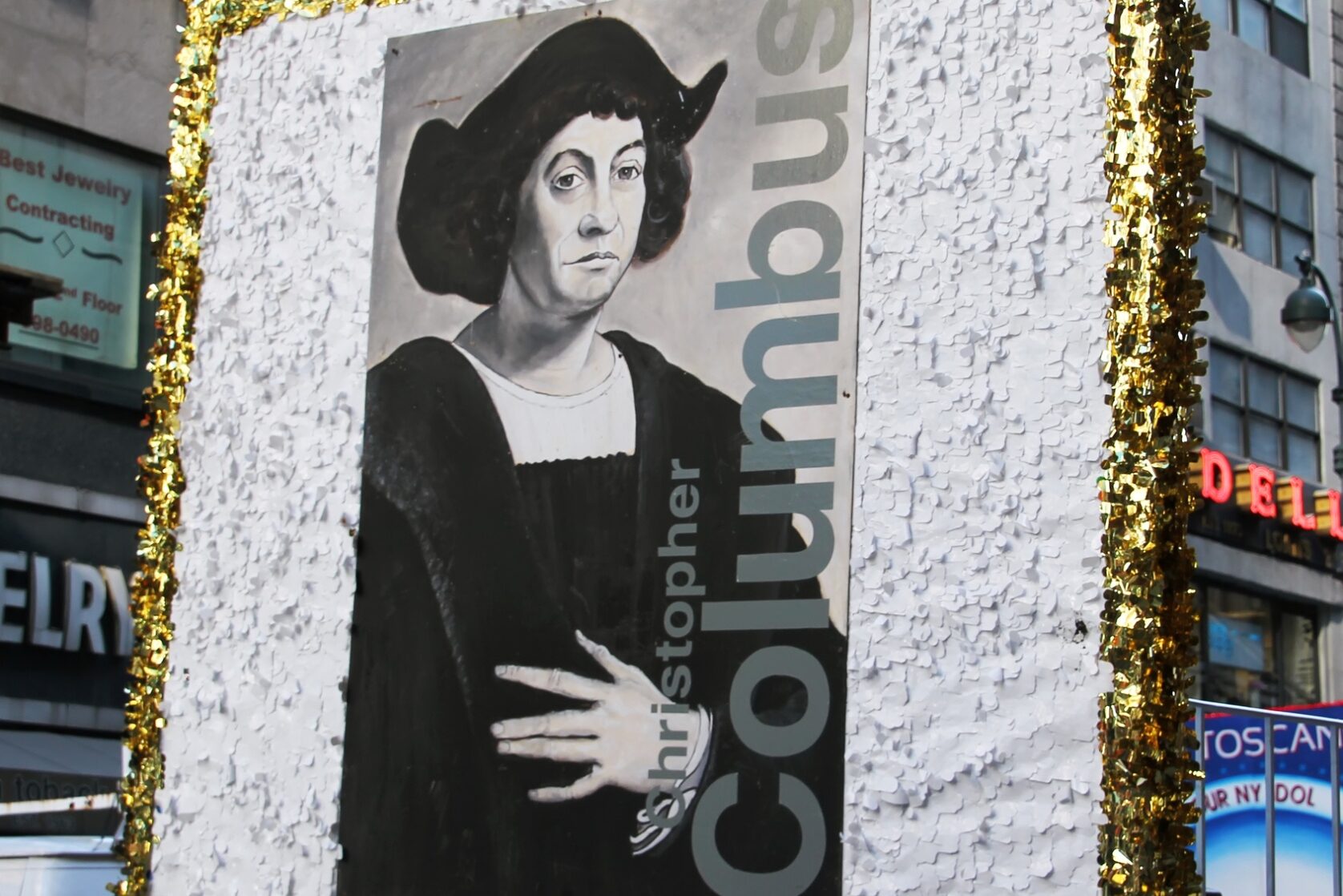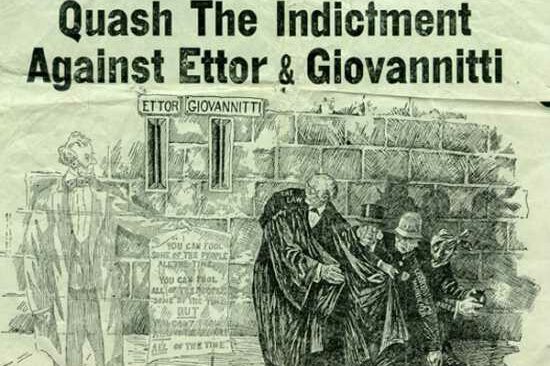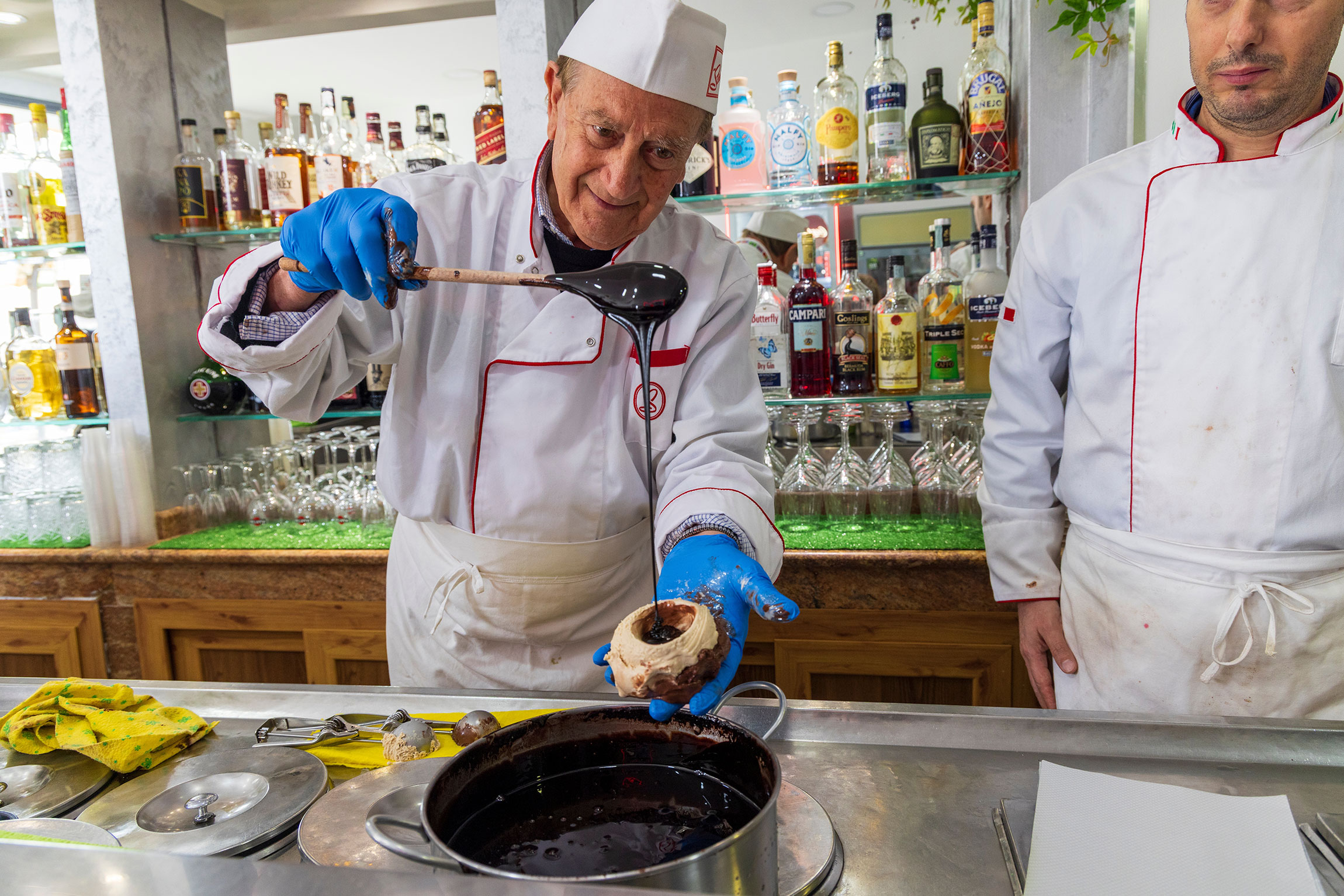Dear readers,
On April 18th, 1906, San Francisco experienced a magnitude 7.9 earthquake. It was the most significant earthquake of all time. The famous tenor Enrico Caruso, on tour in San Francisco, performed in Carmen just hours before the earthquake. He wrote the following essay about his experience for a London magazine:
“You asked me to say what I saw and what I did during the terrible days which witnessed the destruction of San Francisco. Well, there have been many accounts of my so-called adventures published in the American papers, and most of them have not been quite correct. Some of the papers said that I was terribly frightened, that I went half crazy with fear, that I dragged my valise out of the hotel into the square and sat upon it and wept. But all this isn’t true.
I was frightened, as many others were, but I did not lose my head. I was staying at the Palace Hotel, where many of my fellow artists were staying, and very comfortable it was. I had a room on the fifth floor, and on Tuesday evening, the night before the great catastrophe, I went to bed feeling very content. I had sung in Carmen that night, and the opera had gone over very well.
But what an awakening! You must know that I am not a very heavy sleeper. I always wake early, and when I feel restless, I get up and go for a walk. So, on Wednesday morning early, I wake up at about five o’clock, feeling my bed rocking as though I am on a ship on the ocean. Then, as the rocking continues, I get up and go to the window and what I see makes me tremble with fear: I see the buildings toppling over, big pieces of masonry falling and, from the street below, I hear the cries and screams of men and women and children.
I remain speechless, thinking I am in some dreadful nightmare, and for something like forty seconds, I stand there, while the buildings fall, and my room still rocks like a boat on the sea. And during the forty seconds, I think of forty thousand different things, all that I have ever done in my life passes before me, and I remember trivial things and important things. And then I gather my faculties together and I call for my valet: he comes rushing in, quite cool, and without any tremor in his voice says, “It is nothing,” but all the same he advises me to dress quickly and go into the open. My valet gives me some clothes, I know not what the garments are, but I get into a pair of trousers and into a coat, and draw some socks on, and my shoes, and every now and again the room trembles, so that I jump and feel very nervous.
I make my way to Union Square, where I see some of my friends, and one of them tells me he has lost everything except his voice, but he is thankful that he still has that. They tell me to come out to a house that is still standing, but I say I prefer to remain in a place where there is no fear of being buried by fallen buildings. So I lie down in the square for a little rest, and soon I begin to see the flames, and all the city seems to be on fire.
All the day I wander about and tell my valet we must try and get away, but the soldiers will not let us pass. We can find no vehicles and this night we are forced to sleep on the hard ground in the open. Then my valet succeeds in getting a man with a cart who says he will take us to the Oakland Ferry for a certain sum. We pile the luggage into the cart and climb in after it. The man whips up his horse and we start: we pass terrible scenes on the way, buildings in ruins, and everywhere there seems to be smoke and dust. The driver seems in no hurry, which makes me impatient at times, for I am longing to return to New York, where I know I shall find a ship to take me to my beautiful Italy and my wife and my little boys.
When we arrive at Oakland, we find a train there which is just about to start, and the officials take charge of my luggage and tell me to go get on board, which I am very glad to do.
Cari lettori,
Il 18 aprile 1906 San Francisco fu colpita da un terremoto di magnitudo 7,9. È stato il terremoto più significativo di tutti i tempi. Il famoso tenore Enrico Caruso, in tournée a San Francisco, si esibì nella Carmen poche ore prima del terremoto. Scrisse il seguente saggio sulla sua esperienza per una rivista londinese: “Mi chiedete di raccontare cosa ho visto e cosa ho fatto durante i giorni terribili che hanno visto la distruzione di San Francisco. Ebbene, sono stati pubblicati sui giornali americani molti resoconti delle mie cosiddette avventure, e la maggior parte di essi non sono stati pubblicati. “Ho avuto ragione. Alcuni giornali dicono che ho avuto una paura terribile, che sono impazzito dalla paura, che ho trascinato la mia valigia fuori dall’albergo nella piazza, mi sono seduto sopra e ho pianto. Ma tutto questo non è vero. Ho avuto paura, come tanti altri, ma non ho perso la testa. Alloggiavo al Palace Hotel, dove alloggiavano molti dei miei colleghi artisti, ed era molto confortevole. Avevo una stanza al quinto piano e martedì sera, la notte prima della grande catastrofe, andai a letto molto contento. Quella sera avevo cantato nella Carmen e l’opera era andata molto bene.
Ma che risveglio! Dovete sapere che non ho il sonno molto pesante. Mi sveglio sempre presto e quando mi sento irrequieto mi alzo e vado a fare una passeggiata. Così, mercoledì mattina presto, mi sveglio verso le cinque, sentendo il mio letto dondolare come se fossi su una nave in mezzo all’oceano. Poi, mentre il dondolio continua, mi alzo e vado alla finestra e quello che vedo mi fa tremare di paura: vedo i palazzi crollare, grossi pezzi di muratura cadere e, dalla strada sottostante, sento le grida e le urla di uomini, donne e bambini.
Rimango senza parole, pensando di trovarmi in un incubo terribile, e per qualcosa come quaranta secondi rimango lì, mentre gli edifici crollano e la mia stanza oscilla ancora come una barca sul mare. E durante i quaranta secondi penso a quarantamila cose diverse, tutto quello che ho fatto nella mia vita mi passa davanti, e ricordo cose banali e cose importanti. E allora mi riprendo e chiamo il mio cameriere: arriva di corsa, tutto calmo, e senza alcun tremore nella voce dice: “Non è niente”, ma mi consiglia lo stesso di vestirmi presto e di uscire all’aperto. Il mio cameriere mi dà dei vestiti, non so quali fossero, ma mi metto un paio di pantaloni e un cappotto, mi metto dei calzini e le scarpe, e ogni tanto la stanza trema, tanto che sussultavo e mi sentivo molto nervoso.
Mi dirigo verso Union Square, dove vedo alcuni dei miei amici, e uno di loro mi dice che ha perso tutto tranne la voce, ma è grato di averla ancora. Mi dicono di uscire verso una casa che è ancora in piedi, ma io dico che preferisco restare in un posto dove non c’è rischio di essere sepolto dagli edifici crollati. Allora mi sdraio in piazza per riposarmi un po’, e presto comincio a vedere le fiamme, e tutta la città sembra in fiamme.
Vago tutto il giorno e dico al mio cameriere che dobbiamo cercare di scappare, ma i soldati non ci lasciano passare. Non troviamo veicoli e quella notte siamo stati costretti a dormire sul duro terreno all’aperto. Poi il mio cameriere riesce a trovare un uomo con un carretto che dice che ci porterà all’Oakland Ferry per una certa somma. Mettiamo i bagagli nel carrello e saliamo dietro. L’uomo monta il cavallo e partiamo: lungo il percorso incontriamo scene terribili, edifici in rovina, e ovunque sembra che ci sia fumo e polvere. L’autista non sembra avere fretta, il che a volte mi rende impaziente, perché non vedo l’ora di tornare a New York, dove so che troverò una nave che mi porterà nella mia bella Italia, con mia moglie e i miei figli.
Quando arriviamo a Oakland, troviamo lì un treno che sta per partire, i funzionari si prendono cura dei miei bagagli e mi dicono di salire a bordo, cosa che faccio molto volentieri”.
